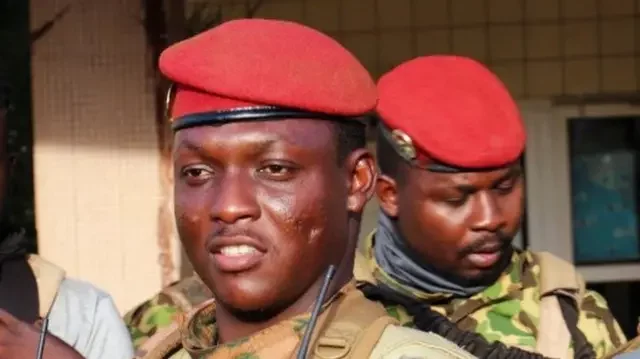
Burkina Faso's military junta has announced a ban on homosexual acts, making it the latest African state to crack down on same-sex relations despite strong opposition from Western powers.
Homosexuality was frowned upon in the socially conservative West African state, but it was never outlawed.
Justice Minister Edasso Rodrigue Bayala said the junta's cabinet had now approved legislation to make it a punishable offence, but he did not give further details.
The military seized power in Burkina Faso in 2022, and has pivoted towards Russia after drastically reducing ties with former colonial power, France.
Homosexual acts were decriminalised in Russia in 1993, but President Vladimir Putin's government has been cracking down on the LGBTQ community, including banning what it calls "propaganda of non-traditional sexual relations".
Burkina Faso's decision to outlaw homosexual relations is part of an overhaul of its marriage laws.
The new legislation, which still needs to be passed by the military-controlled parliament and signed off by junta leader Ibrahim Traoré, only recognises religious and customary marriages.
"Henceforth homosexuality and associated practices will be punished by the law," the justice minister was quoted by AFP news agency as saying.
Capt Traoré took power in September 2022 after overthrowing another military ruler, Lt Col Paul-Henri Damiba, accusing him of failing to quell an Islamist insurgency that has gripped Burkina Faso since 2015.
Burkina Faso was among 22 out of 54 African states where same-sex relations were not criminalised.
Unlike in many former British colonies, it did not inherit anti-homosexuality laws after independence from France in 1960.
Muslims make up around 64% of Burkina Faso's population and Christians 26%. The remaining 10% of people follow traditional religions or have no faith.
Many African states have been taking a tougher stand against the LGBTQ community in recent years.
Uganda is among those that have adopted legislation recently to further crack down on the community, despite strong condemnation from local rights groups and Western powers.
In May, its Constitutional Court upheld a tough new anti-gay law that allows for the death penalty to be imposed for "aggravated homosexuality", which includes having gay sex with someone below the age of 18 or where someone is infected with a life-long illness such as HIV.
Activists said they would appeal against the ruling.
The World Bank has halted new loans to President Yoweri Museveni's government while the US has stopped giving Ugandan goods preferential access to its markets, following the adoption of the legislation last year.
Mr Museveni defended the legislation as preserving traditional family values, and said Uganda would not allow the West to dictate to it.
The daughter of Cameroon's president drew mixed reaction after she came out as a lesbian last week.
Brenda Biya, who lives abroad, said she hoped that her coming out would help change the law banning same-sex relations in the country.
Cameroon has been ruled with an iron-hand by her 91-year-old father, Paul Biya, since 1982.
In Ghana, parliament passed a tough new bill in February that imposes a prison sentence of up to three years for anyone convicted of identifying as LGBTQ+.
However, President Nana Akufo-Addo has not signed it into law, saying he will wait for the courts to rule on its constitutionality.
The finance ministry has warned him that if the bill became law, Ghana could lose $3.8bn (£3bn) in World Bank funding over the next five to six years.
Ghana is suffering a major economic crisis and received a bailout from the International Monetary Fund (IMF) last year.

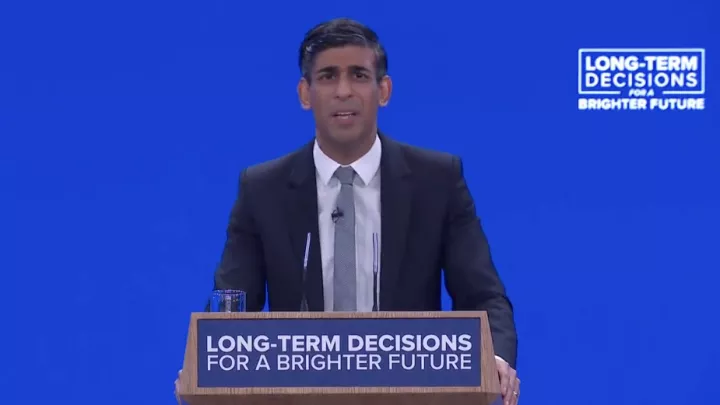
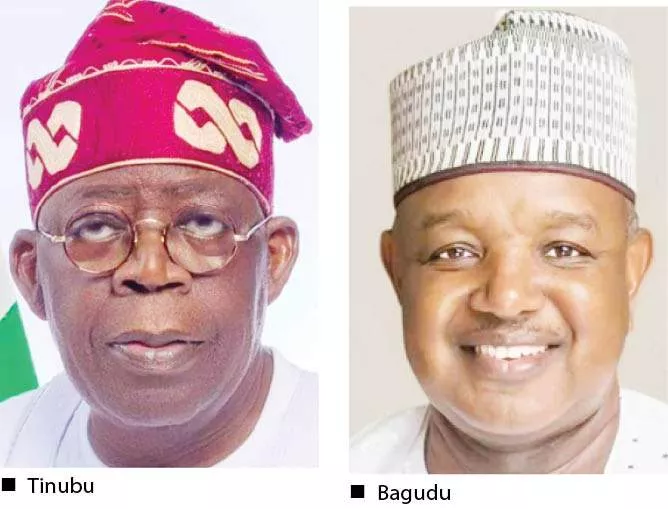
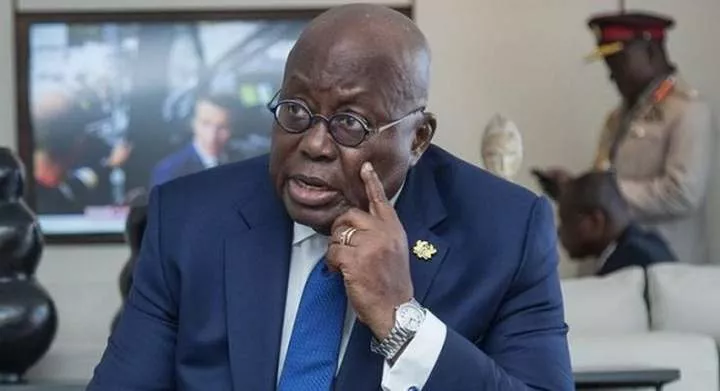
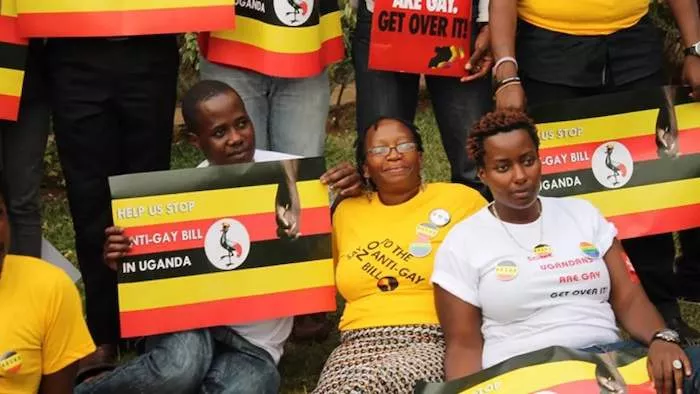
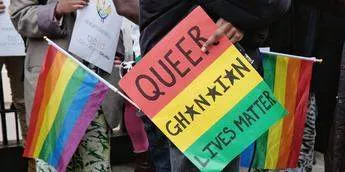
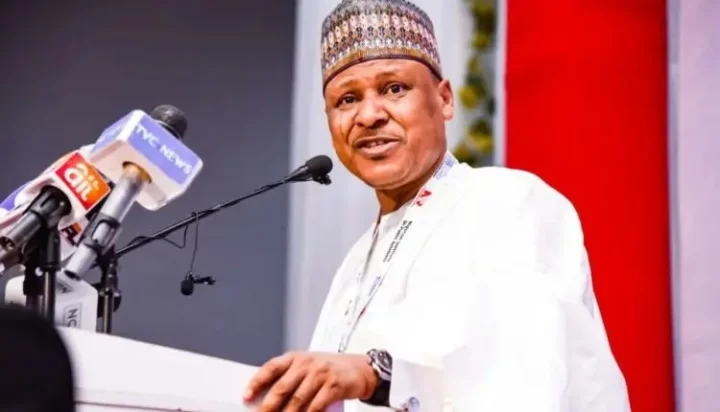



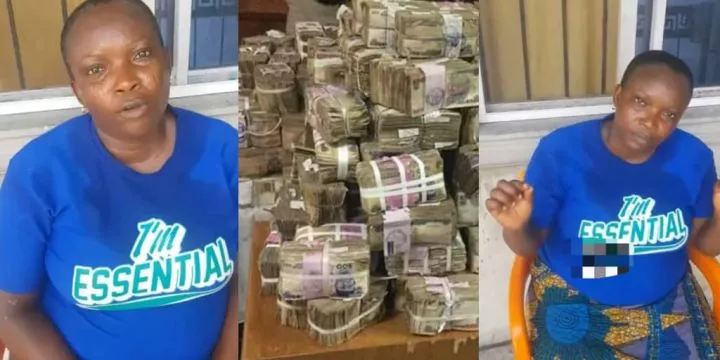
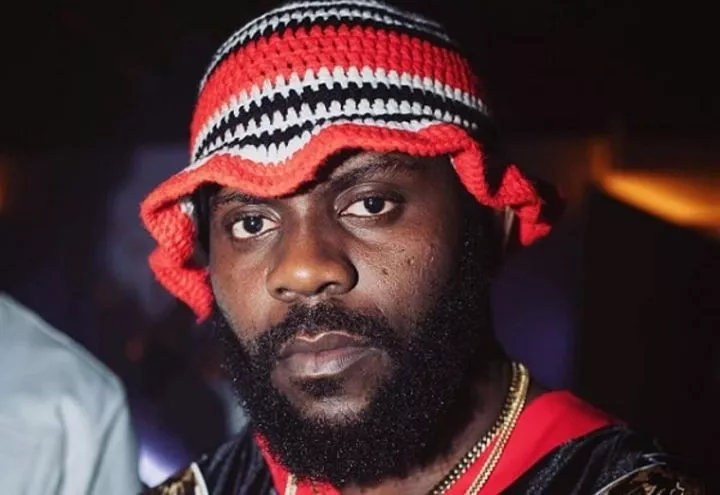


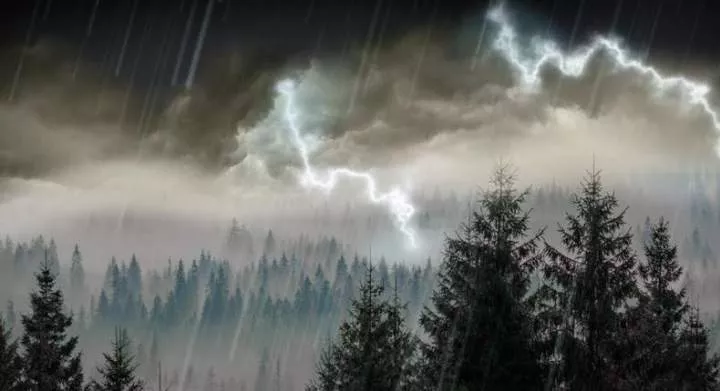
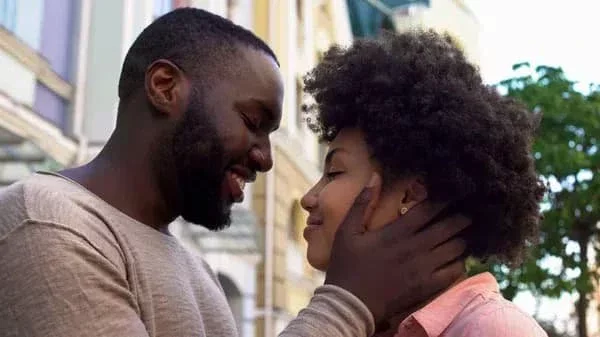

Comments